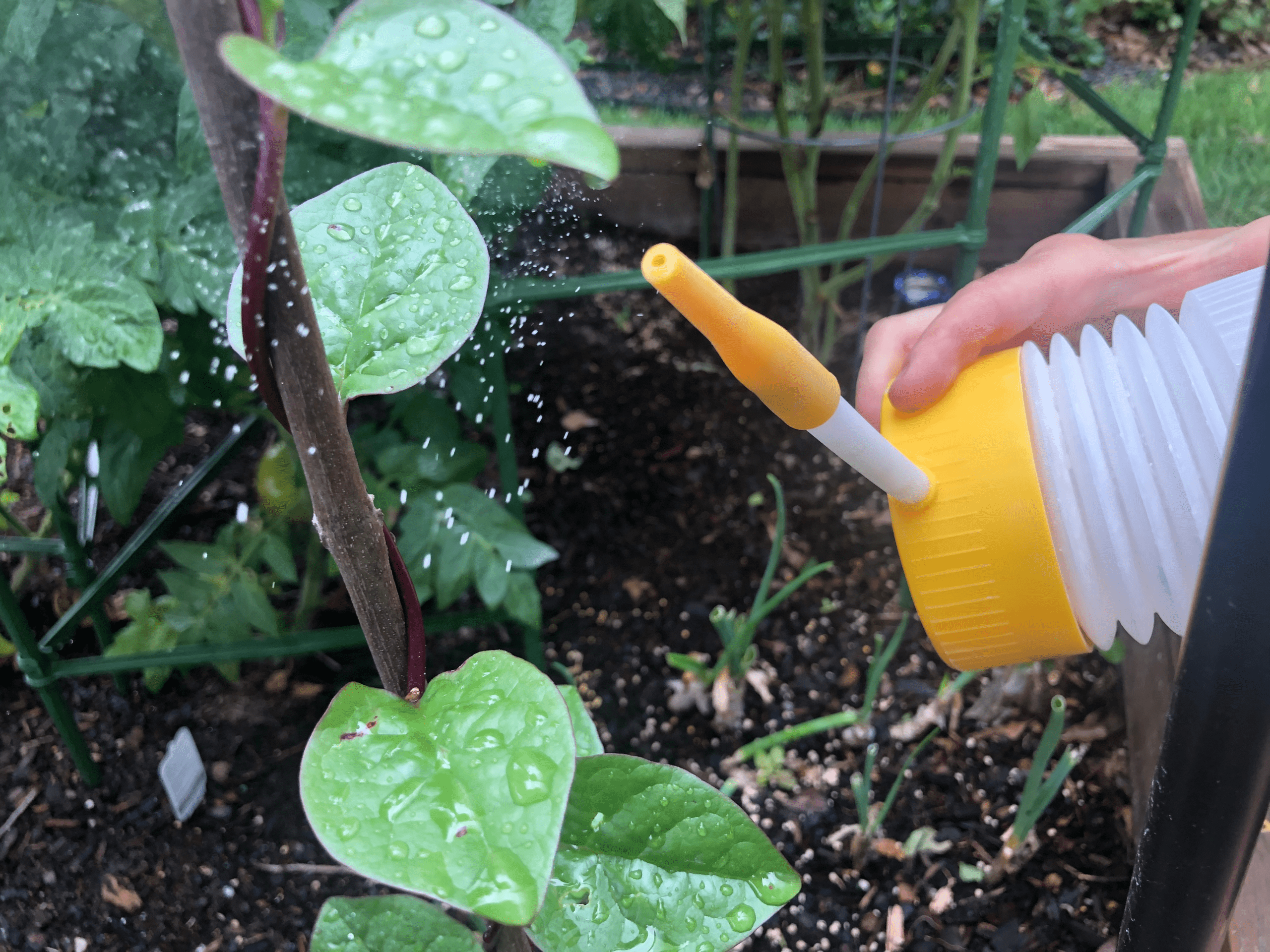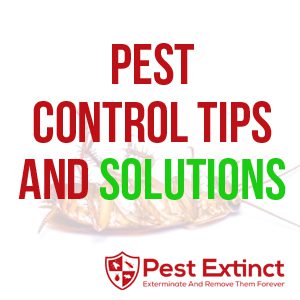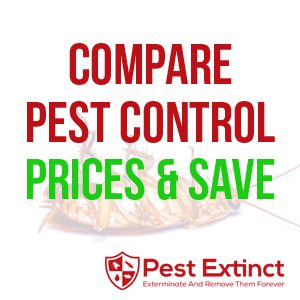
The Best Non-Toxic Pest Control Service Solutions in 2024
In an age where environmental consciousness goes hand in hand with health awareness, the pest control industry is undergoing a transformative shift. Gone are the days when heavy chemical use defined pest management; today, the focus is squarely on low-tox solutions that promise efficacy without compromise. As we delve into the best low-tox pest control service solutions in 2024, it’s clear that innovation, nature, and safety are leading the charge. This exploration will not only introduce you to trailblazers in natural pest control but also unveil the myriad of non-toxic alternatives reshaping our approach to pest management. The move towards low-toxicity options isn’t just a trend—it’s a reflection of our growing commitment to preserving our health and the planet.
The Evolution of Pest Control
The journey from reliance on synthetic pesticides to the adoption of low-tox pest control strategies mirrors our evolving understanding of ecology, health, and sustainability. Initially driven by the quest for immediate and potent solutions to pest problems, the pest control industry’s heavy chemical use raised concerns about long-term health effects, environmental damage, and the sustainability of such practices. This realization sparked a paradigm shift towards methods that respect and harness the power of nature. Today, low-tox pest control is not just an alternative; it’s at the forefront of industry innovation, offering solutions that protect our homes, our health, and our world.

Spotlight on Natural Pest Control Companies
In the realm of low-tox pest control, several companies stand out for their commitment to eco-friendly practices and innovative approaches:
- Nature’s Guard: Specializing in essential oils and botanical extracts, Nature’s Guard offers a range of services that promise efficacy without endangering health or the environment. Their approach combines ancient wisdom with modern science, delivering solutions that are as gentle on the earth as they are tough on pests.
- EcoWise Pest Solutions: Pioneers of Integrated Pest Management (IPM), EcoWise focuses on understanding the ecosystem to manage pests with minimal chemical intervention. Their strategies include habitat modification, biological controls, and the use of safe, targeted products to maintain balance and prevent pest issues.
- Bio Pest Control: Embraces biological control methods, utilizing natural predators and pathogens to combat pest populations effectively. BioPest Control’s innovative approach harnesses the power of nature’s own checks and balances, providing a sustainable solution that reduces the need for chemical interventions. Their services not only manage pests but also contribute to the biodiversity and health of the environments they are applied to.
Non-Toxic Alternatives to Traditional Pest Control
The shift towards non-toxic and low-tox pest management has led to the adoption of various innovative methods and products:
- Diatomaceous Earth: A naturally occurring, fine powder made from the fossilized remains of diatoms. It acts as a non-toxic insecticide by dehydrating insects upon contact. Ideal for indoor and outdoor use, it’s safe around pets and children, making it a popular choice for eco-conscious households and businesses.
- Neem Oil: Extracted from the seeds of the neem tree, neem oil is celebrated for its pest repellent properties. It works by disrupting the life cycle of pests without harming beneficial insects, making it a cornerstone of eco-friendly pest management.
- Biological Controls: The introduction of beneficial insects, such as ladybugs to combat aphids, or nematodes for soil-dwelling pests, leverages natural predator-prey relationships to maintain pest populations at manageable levels without chemical inputs.
- Physical Barriers: Simple yet effective, physical barriers such as copper tape, insect nets, or row covers prevent pests from reaching plants without the use of harmful substances.

Why Low-Tox Options Matter
Opting for low-tox pest control solutions isn’t merely a personal preference; it’s a conscious decision with far-reaching implications:
- Human Health: Reducing exposure to toxic chemicals is crucial, especially in environments frequented by children, the elderly, or those with health conditions. Low-tox options offer effective pest control without the health risks associated with traditional pesticides.
- Environmental Impact: Conventional pesticides often don’t discriminate between the target pest and beneficial organisms, leading to a decline in biodiversity and damaging ecosystems. Low-tox methods work in harmony with nature, preserving the delicate balance of our surroundings.
- Effectiveness and Sustainability: Contrary to the perception that natural means less effective, low-tox alternatives have proven to be equally, if not more, effective in the long term. They avoid the issue of pests developing resistance, a common problem with chemical pesticides, ensuring sustainable pest management.
Implementing Low-Tox Pest Control in Your Space
Adopting low-tox pest control solutions requires a shift in mindset and strategy:
- Assessment: Begin by assessing your pest control needs. Identify the types of pests you’re dealing with and consider non-toxic methods that could be effective against them.
- Research: Look for reputable companies that specialize in low-tox pest control. Read reviews, ask for references, and ensure they align with your environmental and health values.
- Education: Educate yourself and your household or team about the benefits and practices of low-tox pest management. Understanding the importance of these methods will make their implementation smoother and more effective.
- Monitoring: Regularly monitor the effectiveness of the low-tox strategies you’ve implemented. Be prepared to adjust your approach as needed, based on the results and any changes in pest activity.
As we navigate the challenges of pest management in 2024, the move towards low-tox solutions is not just a trend but a necessary evolution. By embracing natural pest control companies and non-toxic alternatives, we’re making a commitment to protect our health, preserve our planet, and ensure a sustainable future. Whether you’re a homeowner, a business, or a gardener, the decision to go low-tox is a powerful step towards creating a safer, healthier world for generations to come.

Leave a Reply